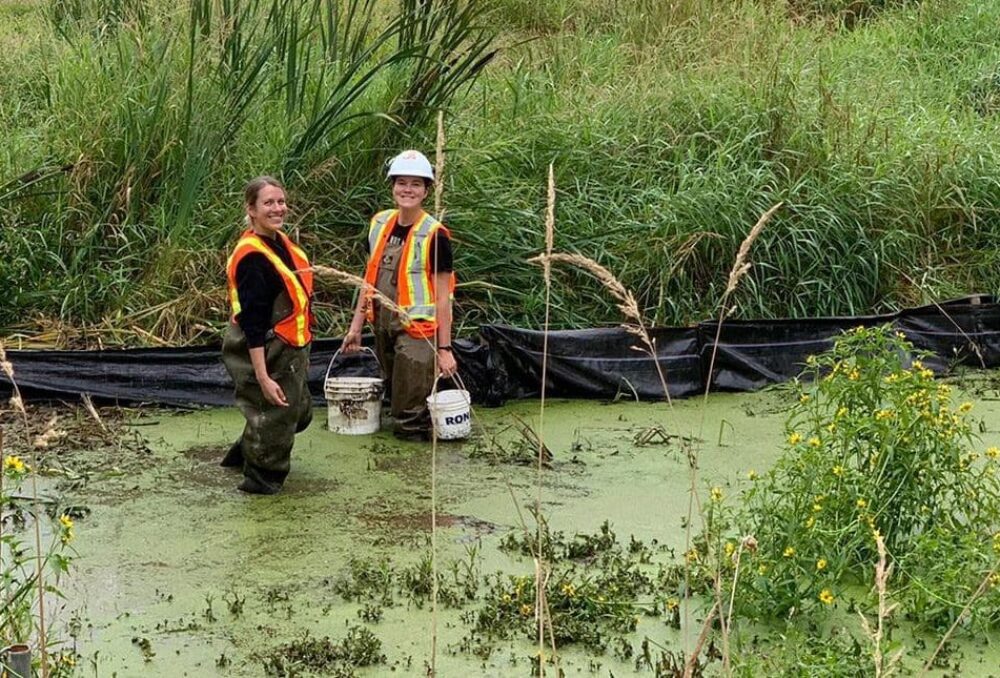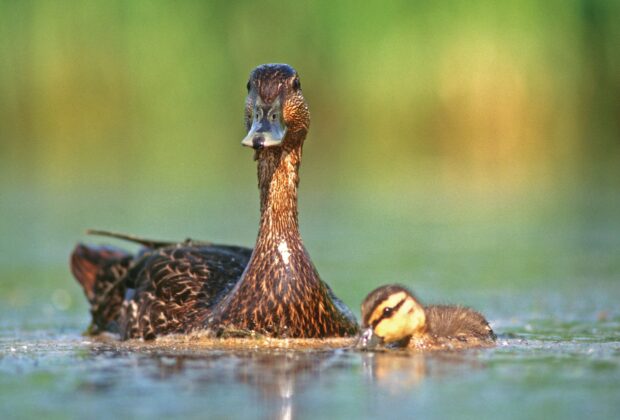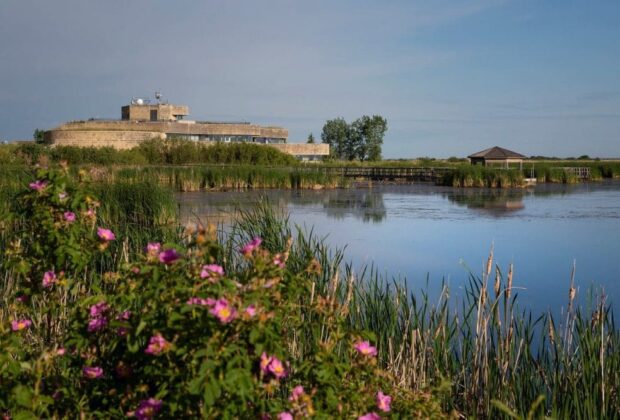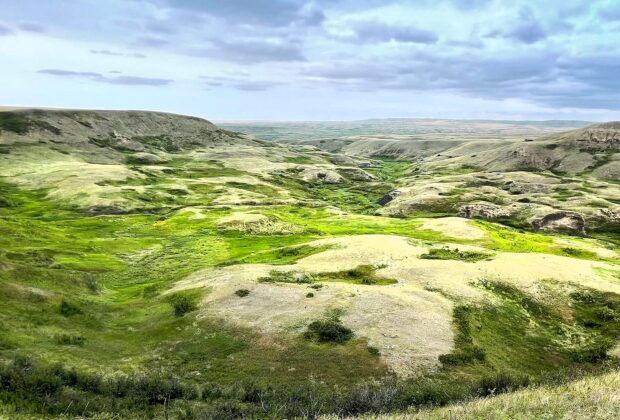As a young child growing up in Poland, Aleksandra Kepczynska—known as Ola to friends—had no idea unwrapping a present would shape the rest of her life and send her trajectory to Canada’s West Coast.
“For as long as I can remember, I have been passionate about the science of earth and communicating spatial information effectively,” says Kepczynska. “Thinking about it now, it was sparked by a gift my parents gave me when I was a child—a globe.”
This passion led her to obtain a bachelor of science degree in geodesy and cartography from Maritime University in Szczecin, Poland and a master of science degree in land management from the West Pomeranian University of Technology in Szczecin, Poland.
“I have always had a deep passion for travel,” says Kepczynska.
In search of something meaningful
Once she completed her master’s degree in 2017, she decided to visit British Columbia after hearing fantastic accounts from friends living in the province.
“I instantly fell in love with the lifestyle in B.C. and Canadian nature as a whole. That was when I realized how important it is to make a real impact on the conservation of wildlife and natural areas.”
After she went back to Europe, Kepczynska says she couldn’t stop thinking about Canada and her desire to pursue her dream of working in the conservation field. She immediately researched Canadian conservation organizations when she first discovered Ducks Unlimited Canada and its impact on Canadian wetlands and associated habitats.
In 2019 she moved to Canada to begin an advanced diploma in geographic information systems at the British Columbia Institute of Technology. Part of the program was the GIS Industry Practicum, of which DUC was a sponsor.
“Excitedly, I applied to this organization, given my interest in conservation,” she recalls.
A donation keeps Kepczynska grounded with DUC
Matt Christensen, head of conservation programs for DUC in B.C., says Kepczynska was a natural fit for DUC.
“Her passion and friendly nature, combined with Ola’s willingness to learn, overcome adversity, and work hard, blew away her interviewers, and she obtained the practicum position,” says Christensen.
Christensen says during her practicum, Kepczynska could learn more about conserving, restoring, and managing wetlands and how these habitats benefit wildlife, people and the environment. She was excited to learn and help her co-workers deliver conservation programs.
“Unfortunately, May 22, 2020 was the last day of the practicum,” says Kepczynska. “As the COVID-19 pandemic decimated the workforce, I found myself in a difficult situation, looking for other career opportunities. Finding employment was even more difficult as a recent immigrant to Canada.”
Thankfully, her educational background and the experience gained during the practicum opened the door for another six months, thanks to a gift from Ray Maher. A Burns Lake resident and national DUC volunteer board member, Maher has generously donated to funding summer students for 10 years.
Hard work pays dividends
During the past six months, Kepczynska has assisted with the Pacific Estuary Conservation Program ranking update, the Fraser Lowland Agricultural Change analysis project, and ongoing updates to the DUC Conservation Geodatabase.
She has taken on invasive species work with the Spartina data management and analysis, developed an agricultural program database to more effectively track, report, and coordinate agricultural program activities in Delta. She has also worked on developing DUC’s dam safety database, a provincially significant reporting tool.
Both the practicum and the summer student job allowed her to get a foot in the door of the conservation field with DUC. This post-graduate opportunity was not available in Poland. Kepczynska says she understands the importance of further research in conservation due to the rapidly decreasing number of wetlands and the need for waterfowl conservation.
She hopes her educational background and work experience will help DUC in delivering conservation programs. Changes in technology are the driving force in every industry, and she believes in harnessing this power.
A passion for conservation pays off
In the conservation sector, Christensen says Kepczynska brings an abundance of value to the team by utilizing her GIS and land management skills and a mastery of technology and problem-solving methods.
“Today’s students will be instrumental in contributing to conservation,” says Christensen.
Kepczynska emphasizes the largely untapped potential of new immigrants and students.
“Frequently, opportunities are not available due to lack of experience or experience which is deemed irrelevant in Canada’s job market,” she says.
Christensen agrees.
“In Ola’s case, it has been beneficial for her, but also to Ducks Unlimited Canada. Mutually, they both have the same goals. Ola believes in pursuing her passion and wishes for others to have opportunities to do the same. For Ducks, we’ve found someone who deeply cares about conservation in Canada and is helping us move our passion forward.”
“I am so grateful for the opportunities brought forth by DUC,” says Kepczynska. “To continue my work in conservation and to be able to do that in B.C. is a dream come true. Another gift, you could say.”




